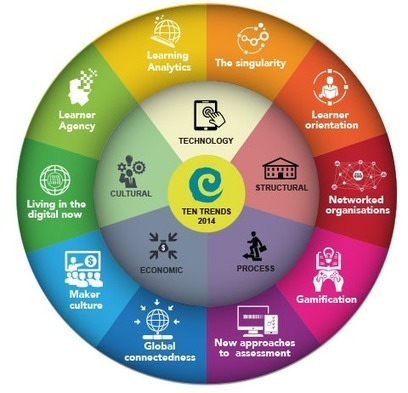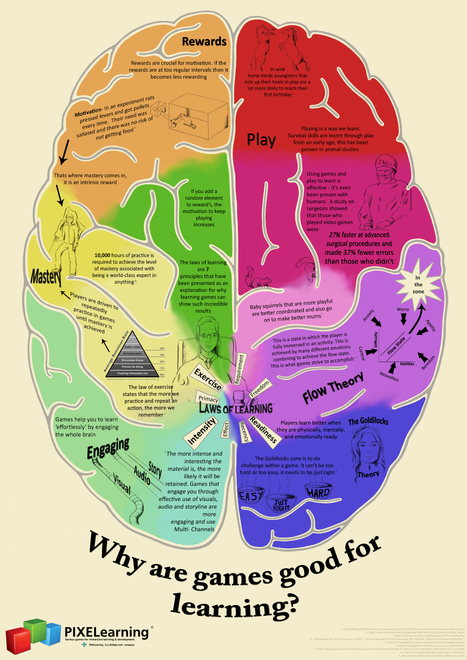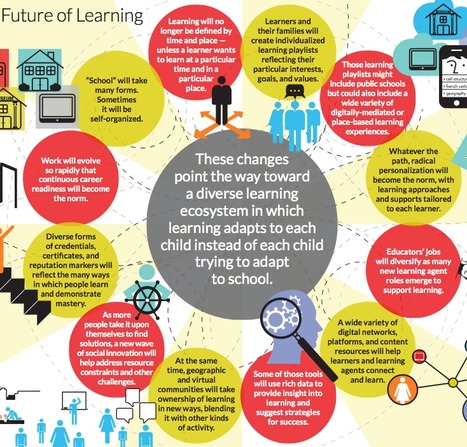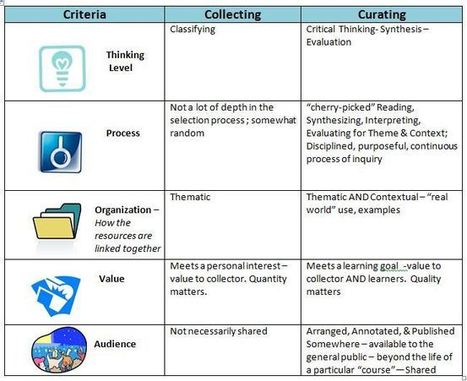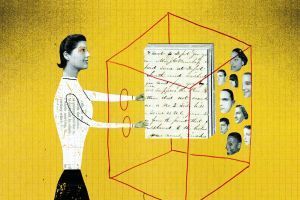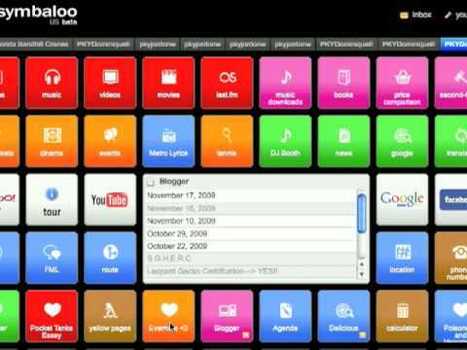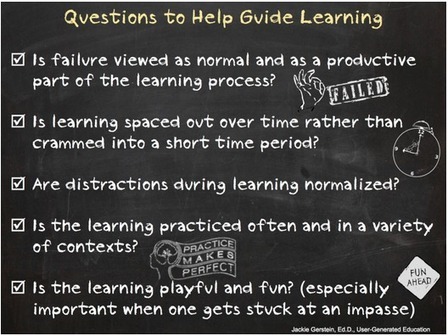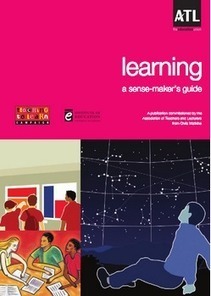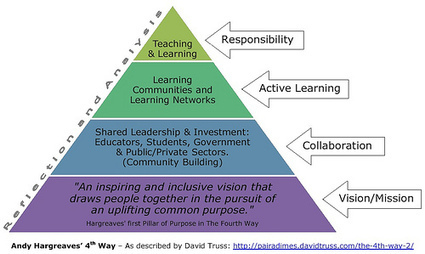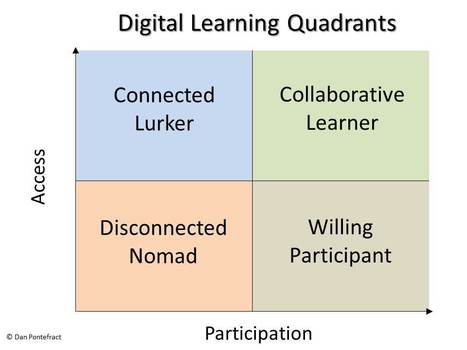Robin Good: What does curation mean from an educational viewpoint? And what is the key difference between "collecting" and "curating".
Nancy White (@NancyW), a 21st Century Learning & Innovation Specialist and the author of Innovations in Education blog, has written an excellent article, dissecting the key characterizing traits of curation, as a valuable resource to create and share knowledge.
She truly distills some key traits of curation in a way that is clear and comprehensible to anyone.
She writes: "The first thing I realized is that in order to have value-added benefits to curating information, the collector needs to move beyond just classifying the objects under a certain theme to deeper thinking through a) synthesis and b) evaluation of the collected items.
How are they connected?"
Excellent definition.
And then she also frames perfectly the relevance of "context" for any meaningful curation project by writing: "I believe when we curate, organization moves beyond thematic to contextual – as we start to build knowledge and understanding with each new resource that we curate.
Themes have a common unifying element – but don’t necessarily explain the “why.”
Theme supports a central idea – Context allows the learner to determine why that idea (or in this case, resource) is important.
So, as collecting progresses into curating, context becomes essential to determine what to keep, and what to discard."
But there's a lot more insight distilled in this article as Nancy captures with elegance the difference between collecting for a personal interest and curating for a specific audience.
She finally steals my full endorsement for this article by discretely inquirying how great a value it would be to allow students to "curate" the domains of interest they need to master.
Excellent. Highly recommended. 9/10
Full article: http://d20innovation.d20blogs.org/2012/07/07/understanding-content-curation/ ;
Via
Robin Good,
Gust MEES,
k3hamilton



 Your new post is loading...
Your new post is loading...







